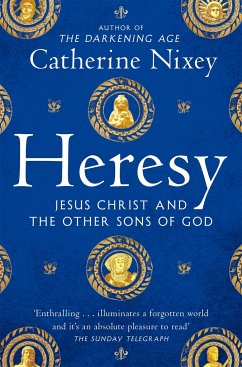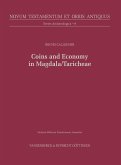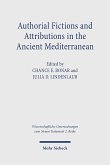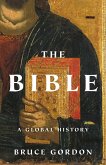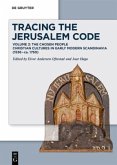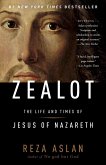'Heresy is a brilliant book' - The Times
'Enthralling . . . an absolute pleasure to read' - The Sunday Telegraph
'In the beginning was the Word,' says the Gospel of John. This sentence - and the words of all four gospels - is central to the teachings of the Christian Church and has shaped Western art, literature and language, and the Western mind.
Yet in the years after the death of Christ there was not merely one word, nor any consensus as to who Jesus was or why he had mattered. There were many different Jesuses, among them the aggressive Jesus who scorned his parents and crippled those who opposed him, the Jesus who sold his twin into slavery and the Jesus who had someone crucified in his stead.
Moreover, in the early years of the first millennium there were many other saviours, many sons of gods who healed the sick and cured the lame. But as Christianity spread, they were pronounced unacceptable - even heretical - and they faded from view.
Now, in Heresy, Catherine Nixey tells their extraordinary story, one of contingency, chance and plurality. It is a story about what might have been.
'Enthralling . . . an absolute pleasure to read' - The Sunday Telegraph
'In the beginning was the Word,' says the Gospel of John. This sentence - and the words of all four gospels - is central to the teachings of the Christian Church and has shaped Western art, literature and language, and the Western mind.
Yet in the years after the death of Christ there was not merely one word, nor any consensus as to who Jesus was or why he had mattered. There were many different Jesuses, among them the aggressive Jesus who scorned his parents and crippled those who opposed him, the Jesus who sold his twin into slavery and the Jesus who had someone crucified in his stead.
Moreover, in the early years of the first millennium there were many other saviours, many sons of gods who healed the sick and cured the lame. But as Christianity spread, they were pronounced unacceptable - even heretical - and they faded from view.
Now, in Heresy, Catherine Nixey tells their extraordinary story, one of contingency, chance and plurality. It is a story about what might have been.

